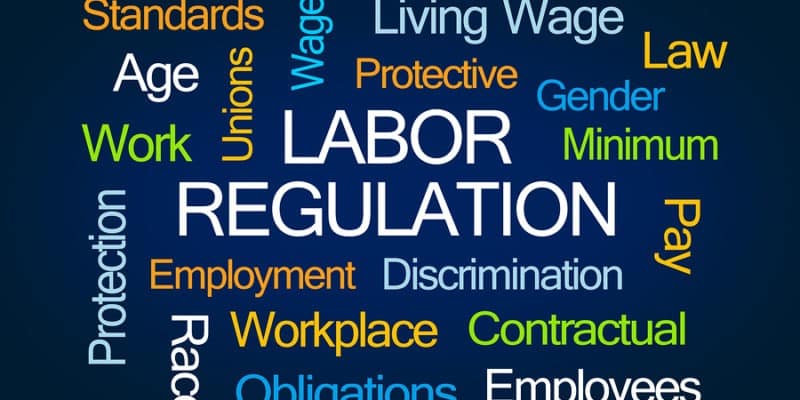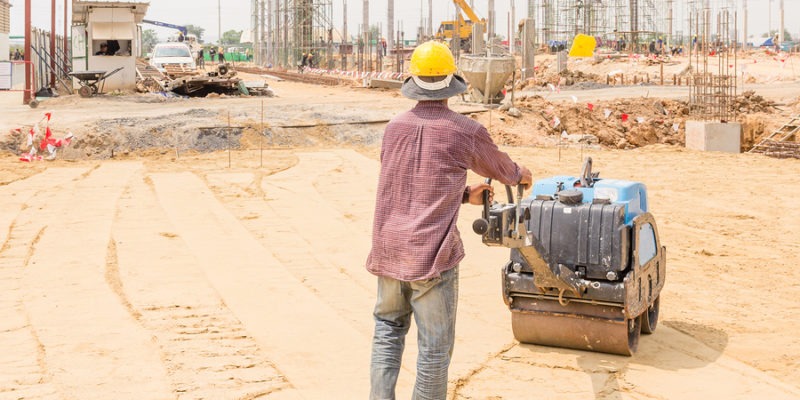By Kevin Fasic and Anthony N. Delcollo
August 15, 2019 at 11:10 AM
DC Attorney General Karl Racine is set to testify Thursday at a U.S. House hearing on misclassification of employees as a form of payroll fraud, the subject of a report released earlier this month by Racine’s office on how the practice affects the District’s construction industry.
Racine is one of six witnesses called by the Education & Labor Committee’s Workforce Protections Subcommittee for a 10:15 a.m. hearing on “Misclassification of Employees: Examining the Costs to Workers, Businesses, and the Economy.”
The report commissioned by Racine’s office – “Illegal Worker Misclassification: Payroll Fraud in the District’s Construction Industry” – found that by illegally misclassifying employees as independent contractors, construction companies in the District can evade at least 16.7% of the cost of doing business. The report is the latest step in the attorney general’s broad effort in recent years to curb wage theft in DC.
“Here in the District we believe it is incredibly important to protect workers’ rights, including workers’ rights to fair wages, overtime pay, sick and safe leave, and to help create economic opportunity for all of our residents,” Racine said at a Sept. 10 panel event at Georgetown University. Safe leave enables workers to take job-protected time off to cover their needs if they or an immediate family member are the victim of domestic violence, stalking or human trafficking.
Racine delivered the report’s findings at a forum hosted by the Kalmanovitz Initiative for Labor and the Working Poor, within Georgetown’s School of Continuing Studies. The initiative works to develop innovative strategies and public policies to improve workers’ lives in a changing economy, according to its website.
“Our local economy clearly is growing in DC,” Racine said. “But what we don’t see often enough is the very fact that workers, oftentimes immigrant workers, are being treated poorly and are having their wages taken from them.”
By treating employees as contractors, companies are able to skirt paying payroll taxes and Social Security, overtime, sick leave and other benefits that would otherwise be due. About two-thirds of the savings from misclassification is taken from workers and the remaining third from society at large in the form of unpaid taxes, according to the report. The authors of the study are Dale Belman, a professor at Michigan State University’s School of Human Resources and Labor Relations, and Aaron Sojourner, an associate professor at the University of Minnesota’s Carlson School of Management.
Within DC’s construction industry, “we have things such as a lot of undocumented workers,” Sojourner said at the Georgetown event. “They are not in a good position to go to their boss and go, ‘You know, you owe me an extra $4 an hour. I’ve done the calculations – if you classified me properly, this is what I should be getting.'”









